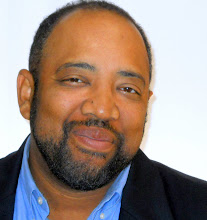When most people are asked to conjure an image of a social media user, they reflexively think of teen or pre-teen posting pretty pictures on MySpace and Facebook. But that demographic mental picture is in stark contrast with reality.
According to some nifty research published by Brian Solis, it's the 35 and older set who are burning up the bits and bytes staying in touch with classmates from our younger years.
What does this mean for brands and their marketers? The social Web's audience is older, like CBS. So, maybe you can sell insurance and retirement planning via social media, instead of the latest Skecher's design.
In real life, it means there are a lot of people who are using social media to cut across geography to stay in touch. You get older and staying in touch with anyone out of you physical neighborhood gets a lot harder. The social Web lets you tackle friendships on your own time. And isn't that what it's for?



